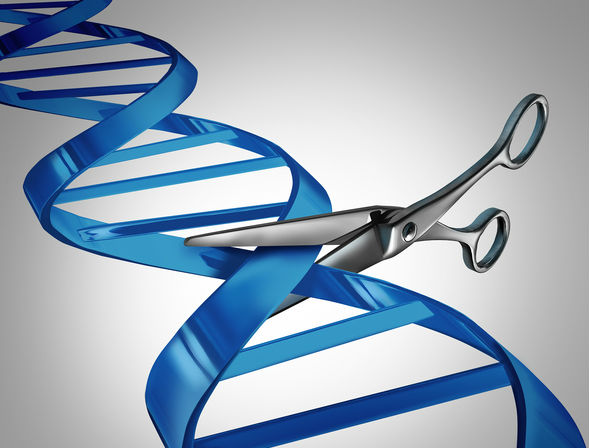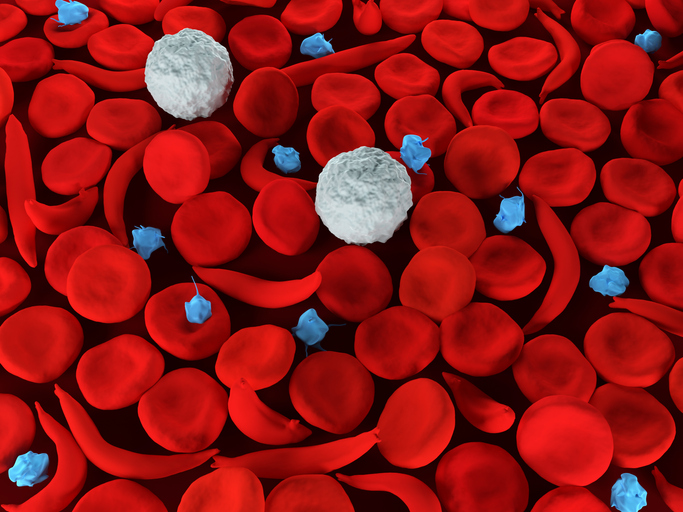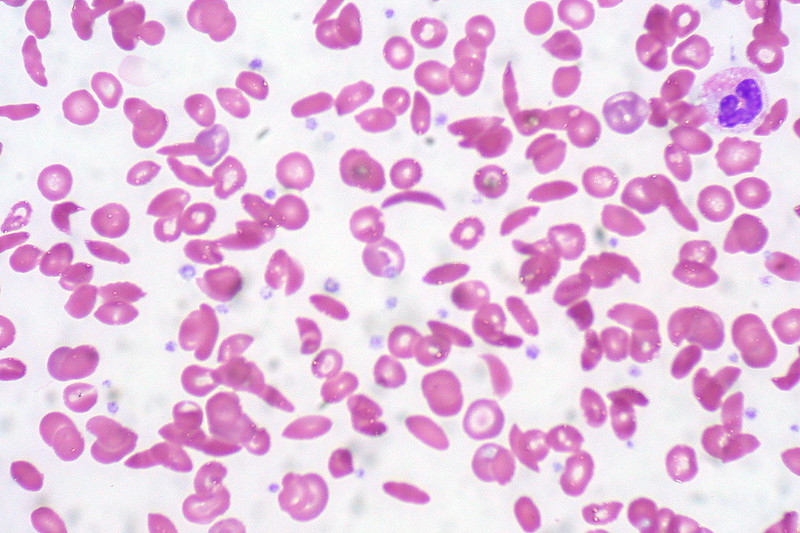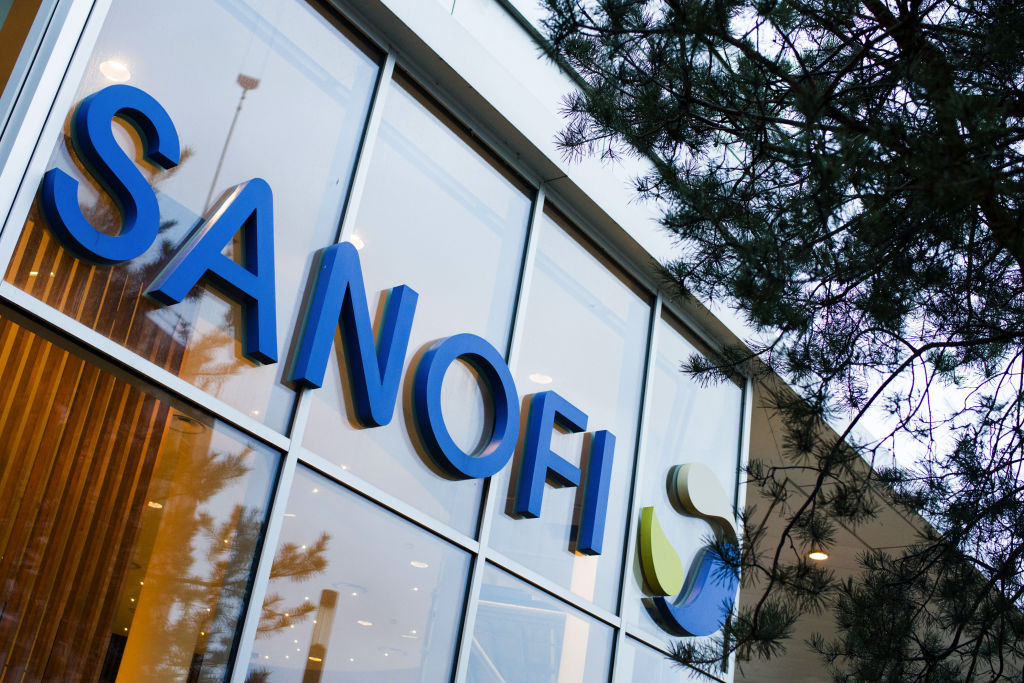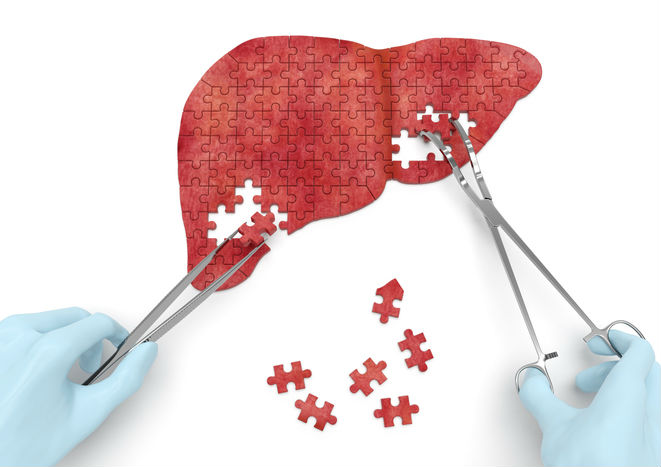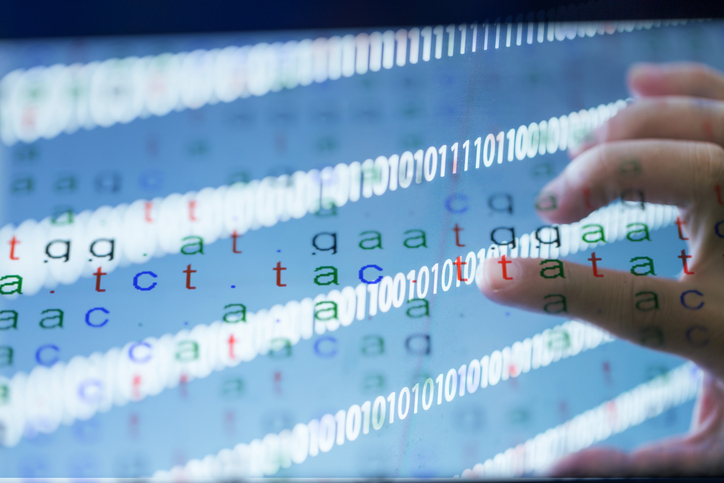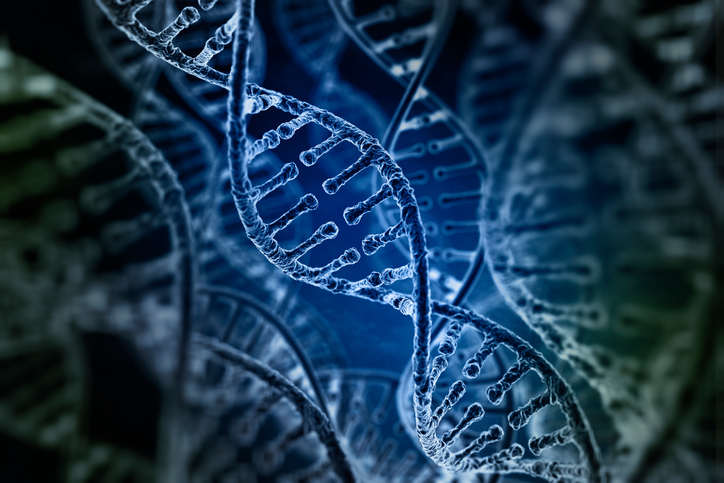
Liver Complications Lead FDA to Stop Tests of Intellia Gene-Editing Therapy for a Rare Disease
The FDA clinical hold covers two Phase 3 studies for nexiguran ziclumeran, or nex-z, an experimental gene-editing therapy for transthyretin amyloidosis. Nex-z uses the CRISPR gene-editing technology to inactivate the gene that codes for the protein driving this rare disease.




